Table of Contents
Quality Service Guarantee Or Painting Free

Get a rental agreement with doorstep delivery

Find the BEST deals and get unbelievable DISCOUNTS directly from builders!

5-Star rated painters, premium paints and services at the BEST PRICES!
Loved what you read? Share it with others!
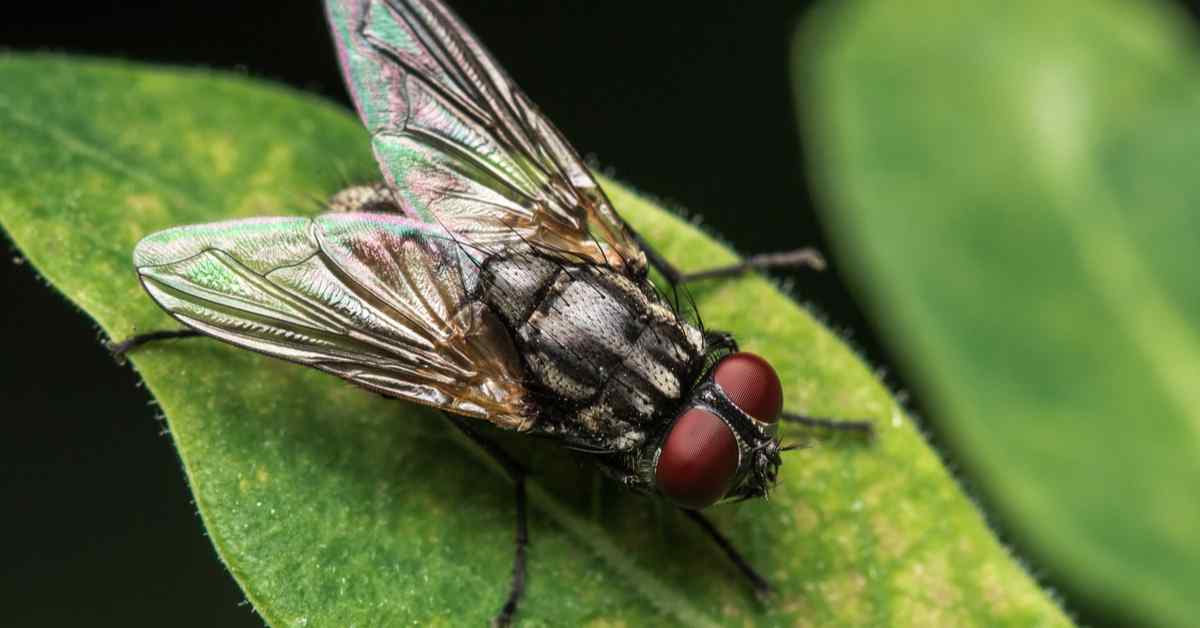
10 Best Ways to Get Rid of Houseflies at Home: DIY & Quick Fixes for 2026
Table of Contents
Well, the Latin name of this annoying little pest is Musca domestica. The house fly is the most common fly found in and around homes. House flies are not only nuisance pests while buzzing around homes, but they are also potential disease carriers. House flies have short lifespans, but they can quickly reproduce in large numbers, leading to large house fly populations if not identified and effectively controlled.
What Does a Housefly Look Like?
House flies are usually grey in appearance and display four black stripes on their thorax. Adult house flies are about 1/8-1/4” (4 to 7.5 mm) long. They have slightly hairy bodies, a single pair of wings, and compound red eyes, which contain thousands of individual lenses that allow them to have wider vision. Female houseflies are usually larger than males. House flies do not have teeth or a stinger.
What are the Signs of a Housefly Infestation?
The most common sign of a housefly infestation is the presence of the flies themselves. Larvae may also be seen crawling out of their breeding material as they pupate. Along with seeing house flies, people may hear them around the home. House flies produce a buzzing sound , which is a result of their two wings beating together.
Quality Service Guarantee Or Painting Free

Get a rental agreement with doorstep delivery

Find the BEST deals and get unbelievable DISCOUNTS directly from builders!

5-Star rated painters, premium paints and services at the BEST PRICES!
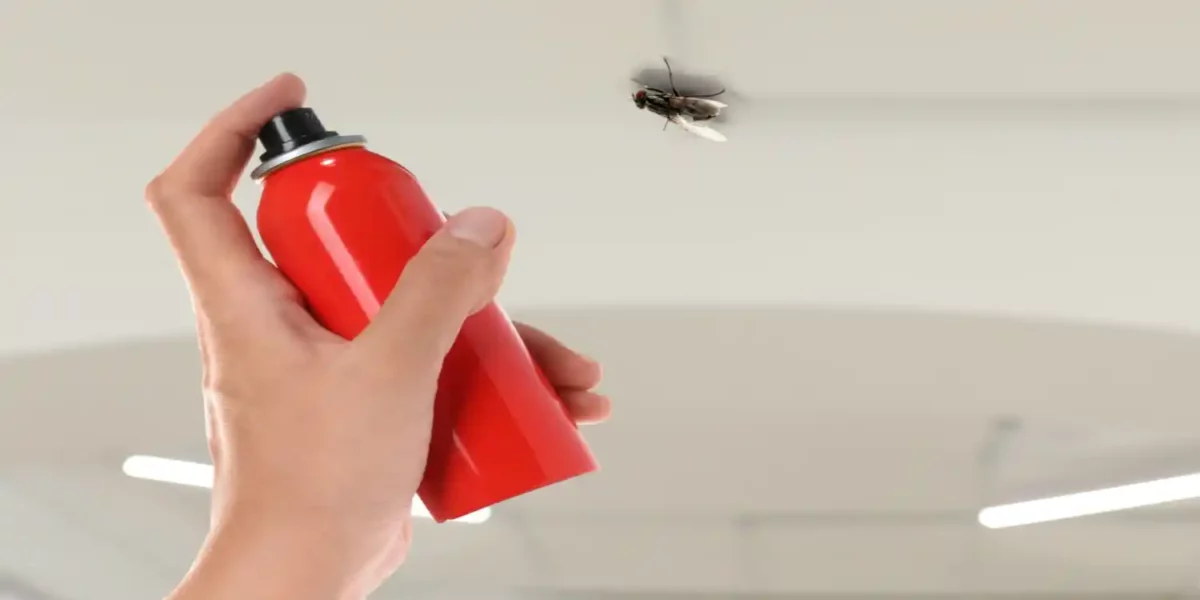
How do House Flies Get in the House?
House flies take advantage of structural issues, such as damaged weather stripping or window and door opening, to enter a household. These pests are attracted to buildings by air currents and odours. Because their preferred temperature is 83 degrees Fahrenheit (28 degrees Celsius), house flies are attracted to warm air currents coming from buildings on cooler days and vice versa on warmer days.
10 DIY Homemade Fly Traps and Remedies
These homemade fly traps are cost-effective, easy to attempt, and extremely effective in combating houseflies.
1. Soda Bottles
Take a clean and empty plastic bottle. Make sure it is at least a 1.5 to a 2-litre bottle. Now, carefully cut the top third part of the bottle. Once you have cut the bottle, make a sweet liquid, using just sugar and water. Transfer this sweet liquid to the bottom of the bottle. Just fill the third part of the bottom area. Next, turn the top third of the bottle upside-down [the one that you have just cut] and place it in the other part of the bottle. Make sure the bottle is placed in such a way that it looks like a cone shape. Place it in the middle of the room so that flies will get attracted to the sweet solution and find their way into the bottle. Once they land on the bottle, they will be unable to get out.

2. Vinegar and Dish Soap Fly Trap
One of the best ways to get rid of houseflies naturally is using vinegar and dish soap fly traps. Just like the one mentioned above, this trap is also extremely easy to attempt and it can save you from a lot of hassle. To set up a homemade fly trap using vinegar and dish soap, here’s what you need to do:
Take a shallow bowl and fill it with apple cider vinegar and a tablespoon of sugar. Make sure that the vinegar is not more than an inch level. Next, add some dish soap into the same bowl. Fruit-scented dish soap is recommended for this hack. Now, leave the dish uncovered in the middle of the room to attract houseflies. You can even tightly cover the bowl with plastic wrap. Just make sure to poke a few holes in it to attract the flies.
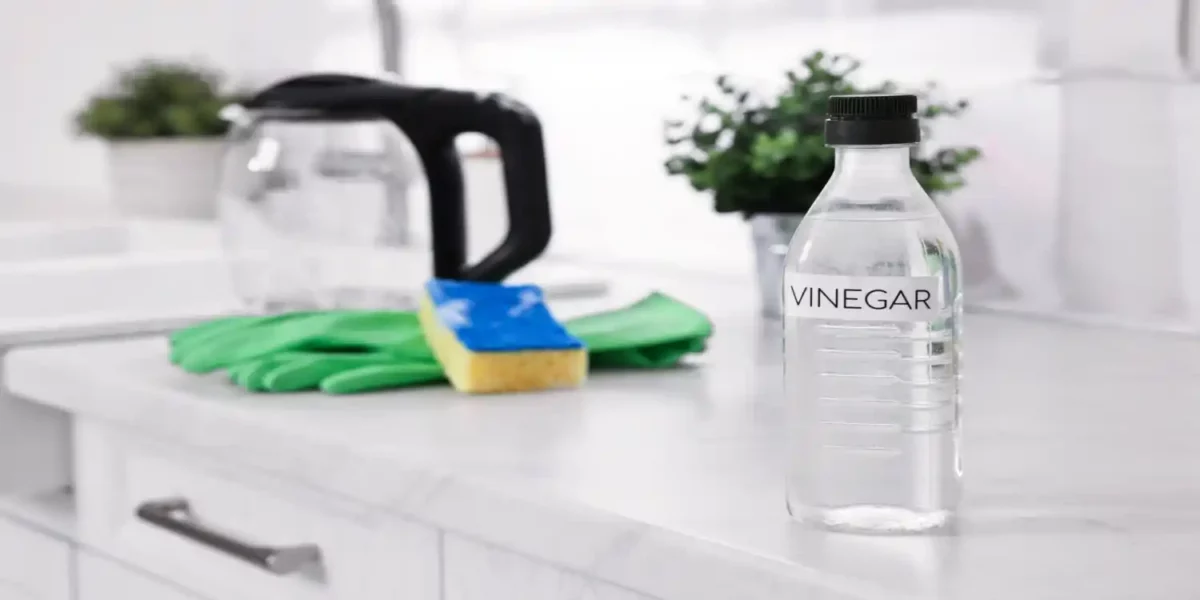
3. Natural Oils Repellent
Another way to get rid of houseflies naturally is to use essential oil sprays as housefly sprays. You can make use of natural oils such as citronella oil, lavender, eucalyptus, peppermint, neem, and lemongrass. Try mixing them with rubbing alcohol or water and fill them in a spray bottle. Using these natural housefly repellents can deter those pesky creatures as well as create a beautiful aroma in your house.

4. Salt and Turmeric
Sprinkle salt and turmeric on your kitchen slab to drive away flies.
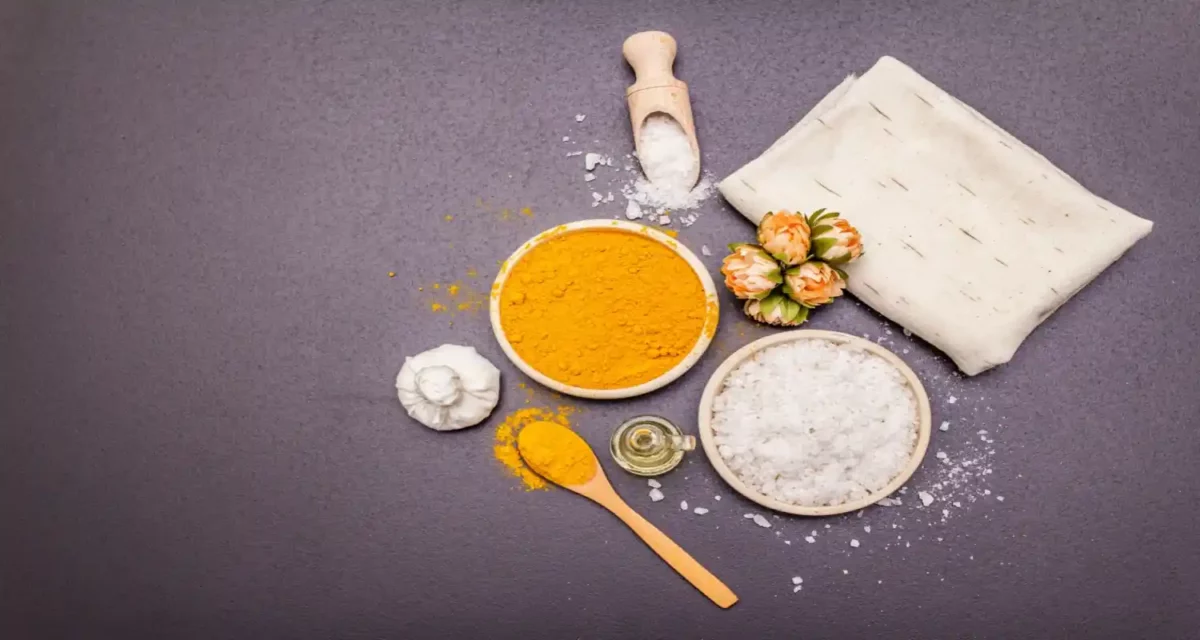
5. Pepper and Salt
Boil 2 cups of water, and add salt and pepper to it. Cool and put it in a spray can. It drives away mosquitoes and flies effectively.
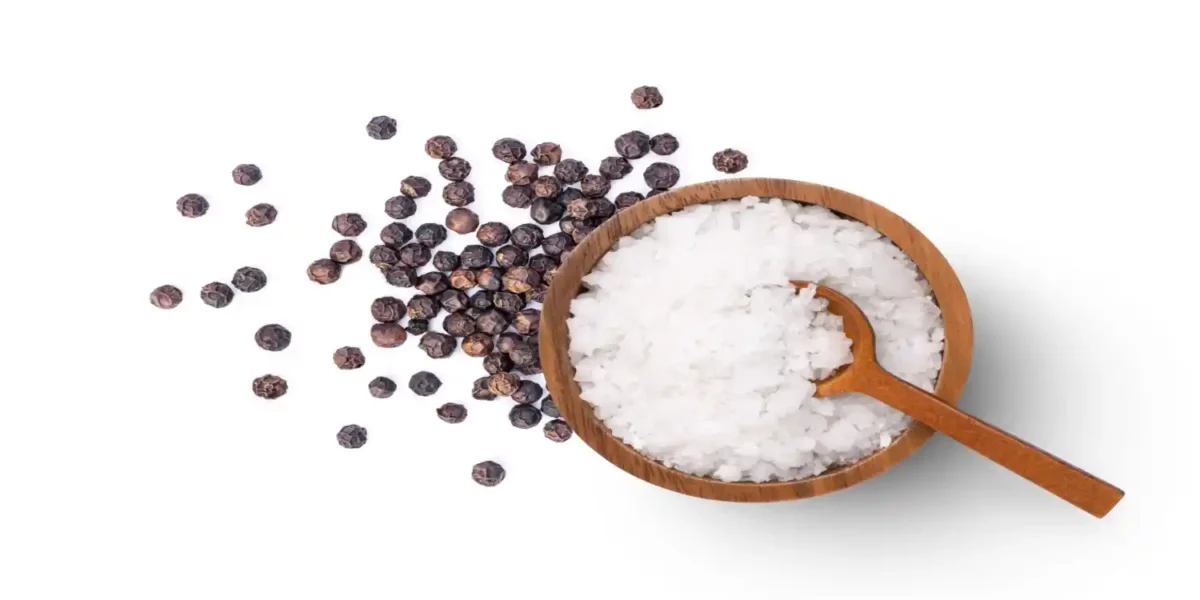
6. Orange Peel
Tie the orange peels in a muslin cloth and hang them around your kitchen. It is an excellent home remedy to get rid of flies.
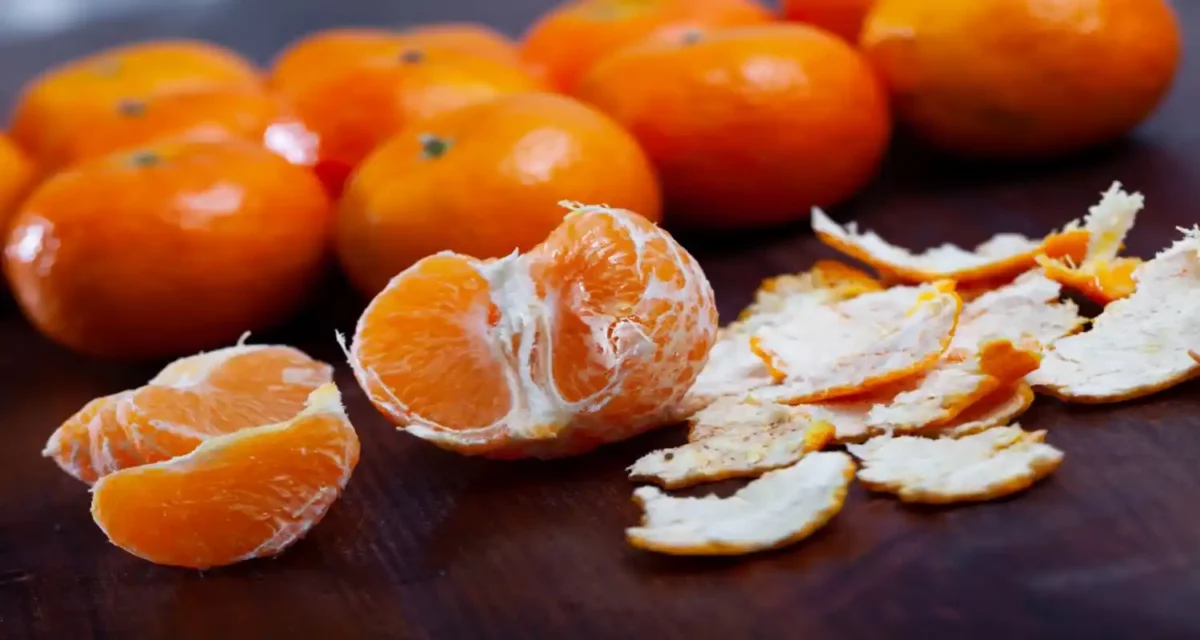
7. Ginger
Mix one tablespoon of dried ginger powder in 1 cup of water and shake well to mix. Put it in a spray bottle. Spraying this liquid in the area where flies are seen will surely make a difference. It also works against mosquitoes and other insects.
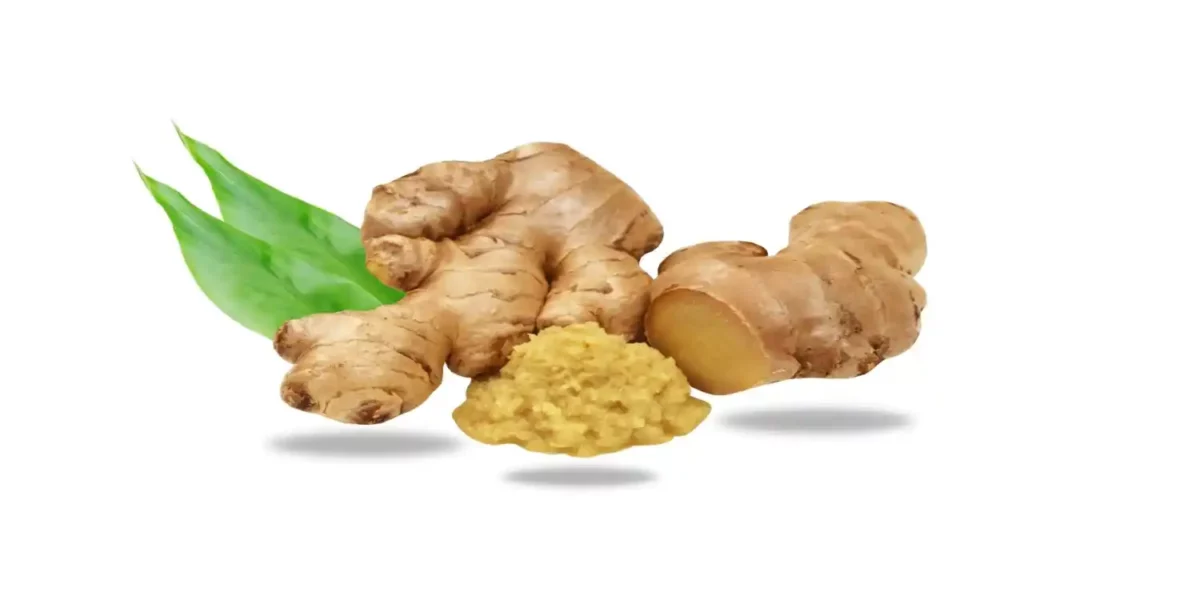
8. Clove
Take a half-cut apple and insert cloves into the apple, leave it in infested areas of your home, you will find flies under control with this.
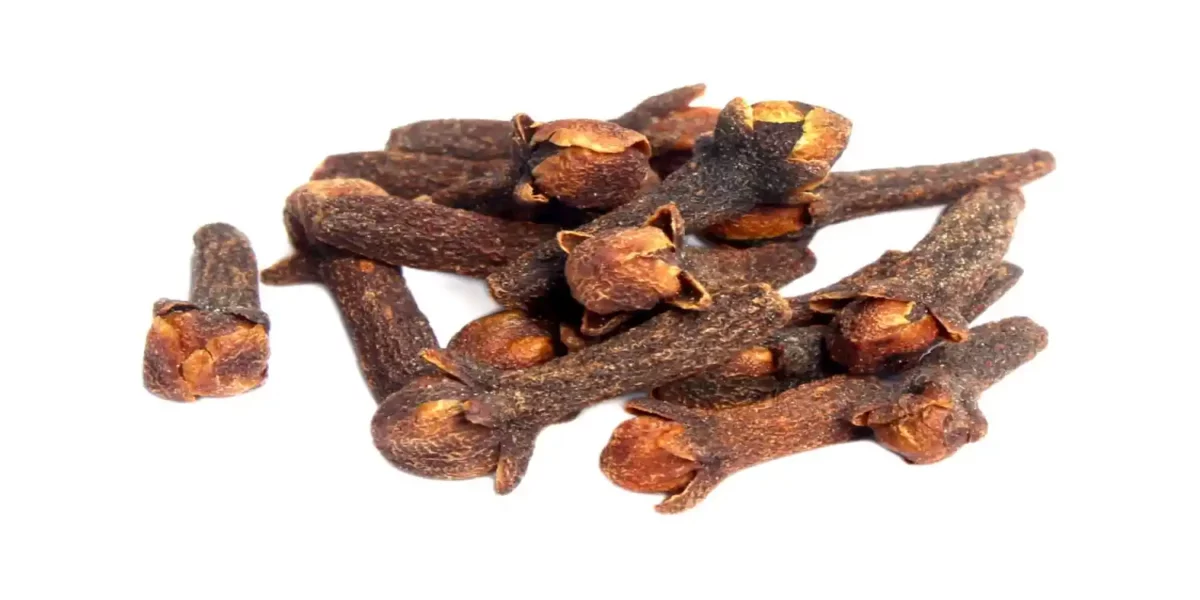
9. Basil
Plant basil in pots and put them near your kitchen to keep away flies.
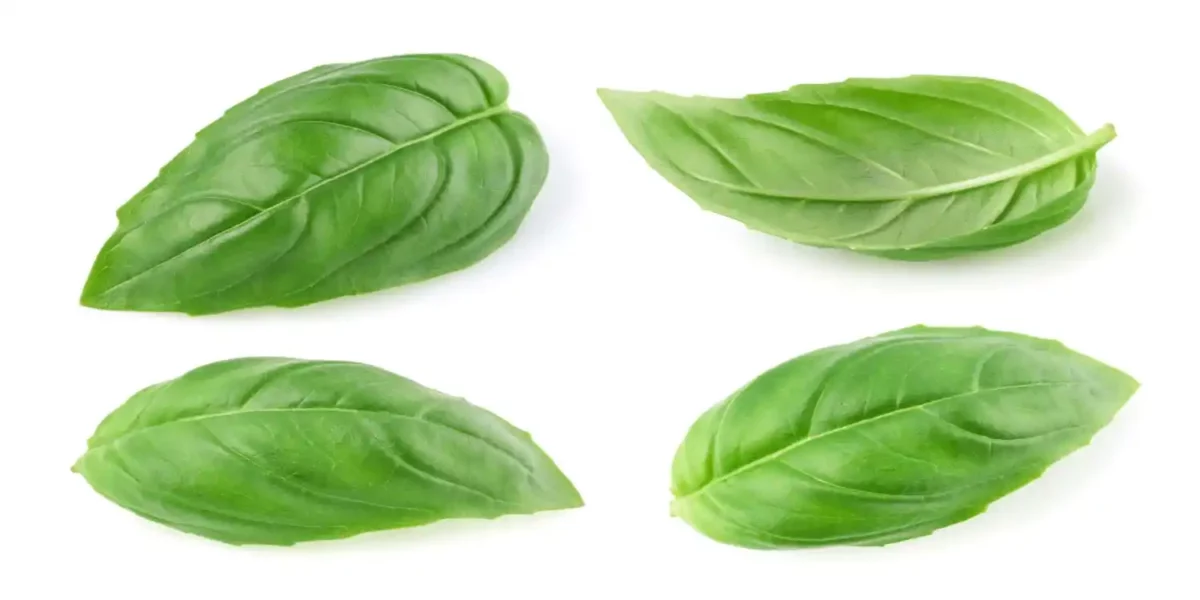
10. Banana
Take a banana and cut it into fine slices. Put these slices in a glass jar. Cover the jar with a polythene bag. Take a toothpick and make 4-5 holes in the cover, big enough for flies to slide in.
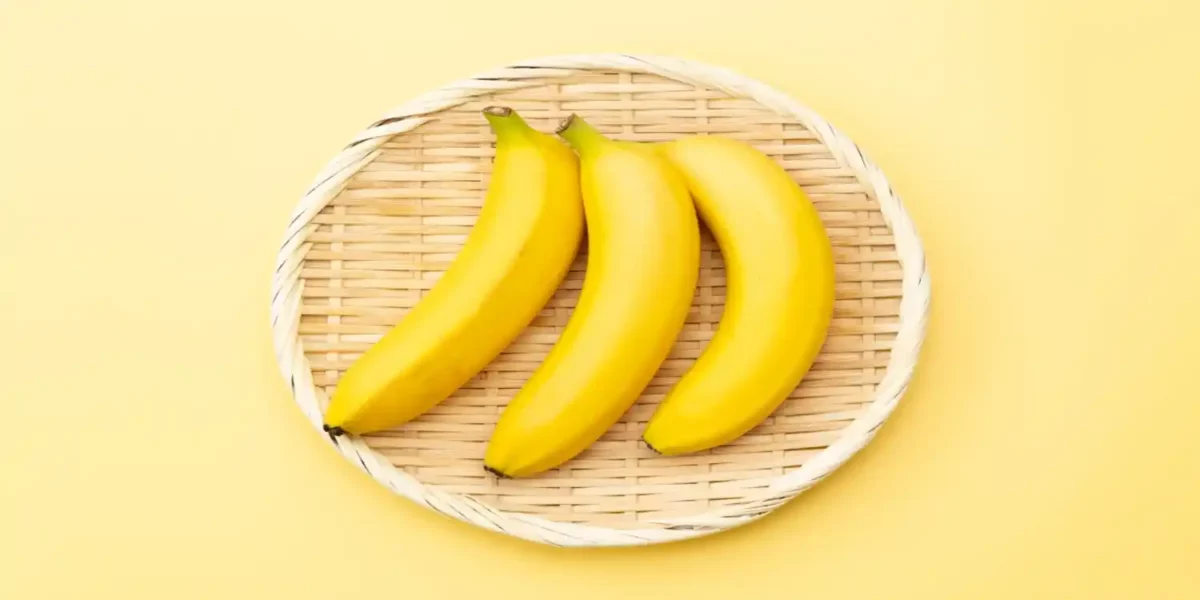
What are the Threats Posed by Houseflies in 2026?
Houseflies do not bite, but they are capable of transferring more than 100 different pathogens, including salmonellosis, typhoid, and tuberculosis. House flies contaminate food surfaces, as germs pick up on their legs and mouths when feeding on trash, faeces, and other decaying substances, thus they spread many diseases. Also, they defecate constantly.
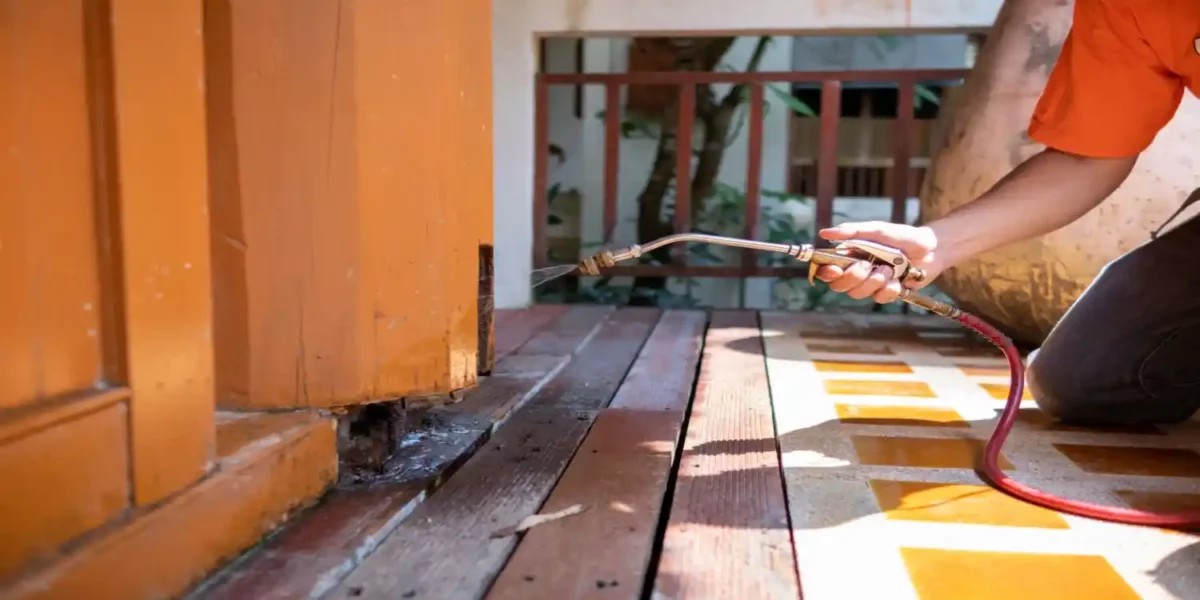
What are the General Habits and Habitats of House Flies?
The house fly experiences a four-phase life cycle and thus depending on conditions of the developmental time, the house fly may require as less as six days to convert from an egg to an adult. The life cycle begins when a fertilized female house fly finds a suitable location to lay her eggs, often at times on faeces, carrion or garbage.
Female house flies usually only mate once, but are capable of producing between 350-900 eggs in their lifetime. House flies are usually only active during the daytime when they will congregate indoors on floors, walls, and ceilings. Outside, house flies opt for hanging around plants, fence wires, garbage cans, and the ground. At night, house flies can usually be found resting 5 to 15 feet off the ground and close to sources of food. Positioning themselves in indoor corners and edges, they can survive cold winters by hibernating.
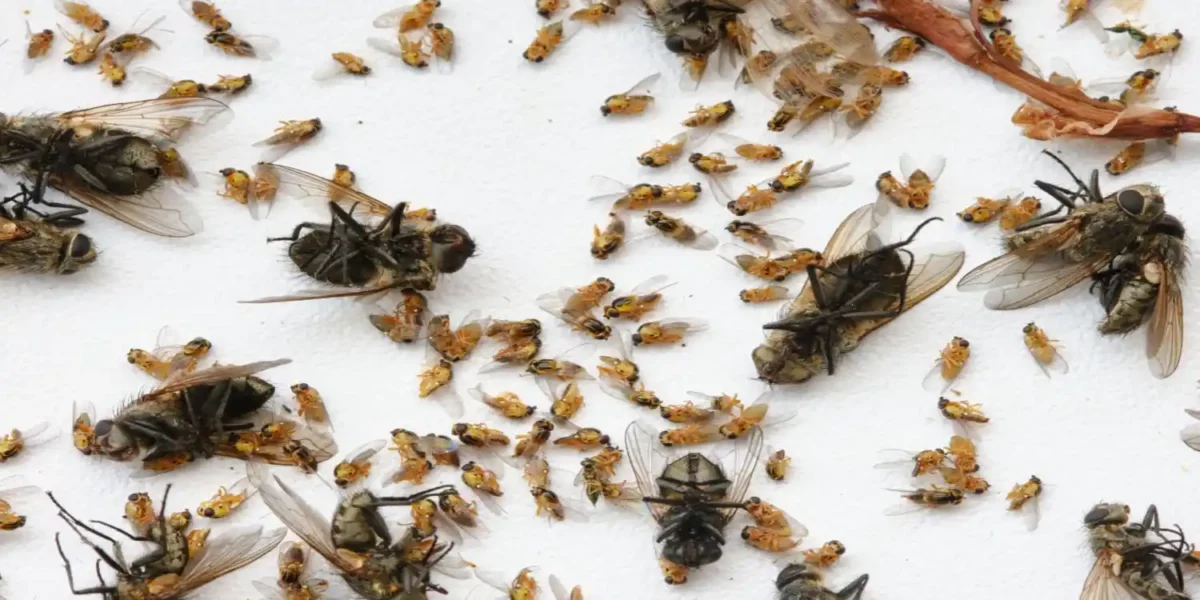
House flies tend to stay within 1-2 miles of where they were born but can migrate up to 20 miles to find food. Since house flies don’t have teeth, they can only feed on liquids. However, they use their sponging mouthparts to liquefy many solid foods through spitting or regurgitation. Their tongues are shaped like straws to suck up the food. House flies feed on a wide variety of substances such as human food, animal carcasses, and garbage. They are particularly attracted to pet waste because of its potent odour.
How Do You Prevent Flies?
Flies can't be controlled unless you take the proper prevention methods. By cutting off fly access to the home and any food sources, you'd better be able to get rid of flies inside the home and keep them away for the long term.
- Check and repair screens and seal around windows.
- Store produce and condiments in the refrigerator to help deprive flies of any food sources. Keep cereal, grains, and sugar in airtight containers with tight-fitting lids. Do not leave open drink containers or wine glasses out; once empty, rinse them with warm water to remove any sweet residue that might attract flies.
- Clean up spilled food from floors and countertops immediately and keep an eye out for pieces of food that drop under counters or appliances while cooking.
- Maintain waste cans.
Are House Flies Harmful?
'How to get rid of house flies?' is a common question in Indian households. Houseflies, on the other hand, can carry viruses and germs that spread when they bite. House flies may carry the following diseases:
- Food poisoning
- Cholera
- Typhoid fever
- Tuberculosis
- Dysentery
- E. coli
- Eye infections
- A tropical infection called yaws
What attracts House Flies to your home?
The material in which house flies can lay their eggs attracts them the most. This comprises:
- decaying materials, such as food waste and other rubbish, as well as animal excrement
- manure
- Flies are attracted to bright lights at night.
The solution for how to get rid of flies in the house quickly is to keep your home immaculately clean.
- Housefly repellent
Another way to get rid of houseflies naturally is to use essential oil sprays as a housefly spray. You can make use of natural oils such as citronella oil, lavender, eucalyptus, peppermint, neem, and lemongrass. Try mixing them with rubbing alcohol or water and fill them in a spray bottle. Using these natural housefly repellents can deter those pesky creatures as well as create a beautiful aroma in your house.
Sprays for house flies are also other natural answers to how to kill house flies, such as essential oils and meshed coverings.
How To Prevent A House Fly Infestation In Your Home?
The material in which houseflies can lay their eggs is primarily what draws them in. Among them are decaying materials, such as rubbish and food waste and animal excrement or manure. In the evening, bright lights can also draw flies.
Preventing a house fly infestation in the first place is the best approach to handle one after it has occurred. Remove everything that can attract flies and make sure they don't have places to deposit their eggs.
- Make sure that the seals on your windows, doors, and vents are intact and free of holes or other damage.
- Take the trash bag out as soon as it is full and place it in a trash can with a tight-fitting cover.
- Properly store food in sealed containers.
- Never set out unclean glasses or plates on the counter.
- Avoid letting leaves or grass clippings decompose close to your home.
- Rat poison should not be used to kill rats since the corpses may draw flies.
- Animal waste should be cleaned up straight away, such as in a cat's litter box.
- When feasible, turn off exterior lighting at night. The light attracts flies.
Can Fruit Fly Infestations be Dangerous?
A fruit fly infestation can be dangerous to your health if left untreated. Fruit flies are known for picking up germs and then depositing them on fresh foods.
They're drawn to dung and other excrement, which can include pathogens like E. coli. They then spread the bacterium throughout. Female fruit flies also inject batches of eggs into fresh fruit after mating. The fruit becomes contaminated. Use sprays as house fly killers.
The best way to get rid of flies quickly and permanently is to combine many types of treatments and prevention methods. Start with the use of a trap or other fly-killing treatments to deal with the immediate fly problem, then move on to incorporating repellents and natural solutions to keep more flies out. Once you know how to get rid of flies and they are out of your home, start preventive measures to keep them away for good.
How NoBroker Can Help?
However, if you’re dealing with a large infestation and have tried all the above-mentioned things, then it’s probably best to call the professionals. Contact NoBroker for your house inspection today!Looking to get a pest management professional in your home? Try the professionals at NoBroker. Our Home Services team has professionals who are all 5-star rated and come with the best experience in the industry. Click the link below to book pest control service and enjoy some amazing deals and DISCOUNTS
Frequently Asked Questions
Ans: While most flies do not bite and therefore are not harmful to the surface skin, they can carry a lot of diseases. This is a result of them feeding on everything from garbage to faecal matter to rotting produce. In the various places where they find their food, they pick up numerous pathogens that they then carry around with them, such as salmonellosis, typhoid, and tuberculosis. They contaminate food and eating surfaces when they land on them, so if you find that flies have landed en masse on a particular item of food, it’s probably best to throw that food away.
Ans: They feed on a wide variety of food, including human food, animal food, carcasses, garbage, and excrement.
Ans: There are a couple of signs that could signal a fly infestation. The most obvious is seeing flies around the house in a greater number than usual or groups congregating in a certain area. Another sign is finding a nesting site where eggs have been laid or larvae are feeding. Finally, you may hear them buzzing around before you even see them.
Ans: Houseflies, which are the most common kind of pest fly, are known to reproduce quickly and in great numbers. They are also known to enter homes through open doors and windows or by riding on food items like produce.
Ans: Wondering how to get rid of house flies naturally? Preventative measures are the best way to avoid a fly problem. Here are a few measures you can take:
1. Routinely take out the trash, removing it as a source of fly attraction
Keep surfaces clean and free of leftover food or dirty dishes to prevent them from finding places to land
2. Keep doors and windows closed (or keep screens closed while doors and windows are open) to prevent them from entering the home
3. Use insect repellent and outdoor fly guards like candles to keep them away
4. Use simple fly traps or fly repellent for a home to lure them in and kill them before they have a chance to infest the space.
Ans: You can mix vinegar and dish soap in a bowl to attract and trap houseflies naturally. It's an easy and effective DIY fly trap.
Loved what you read? Share it with others!
Most Viewed Articles
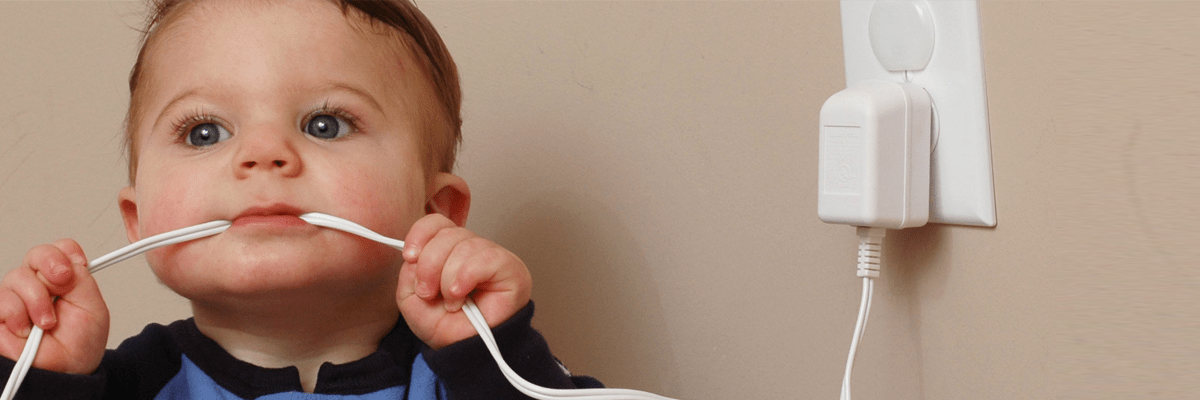
15 Safety Rules at Home for Kids
May 18, 2020
419129+ views
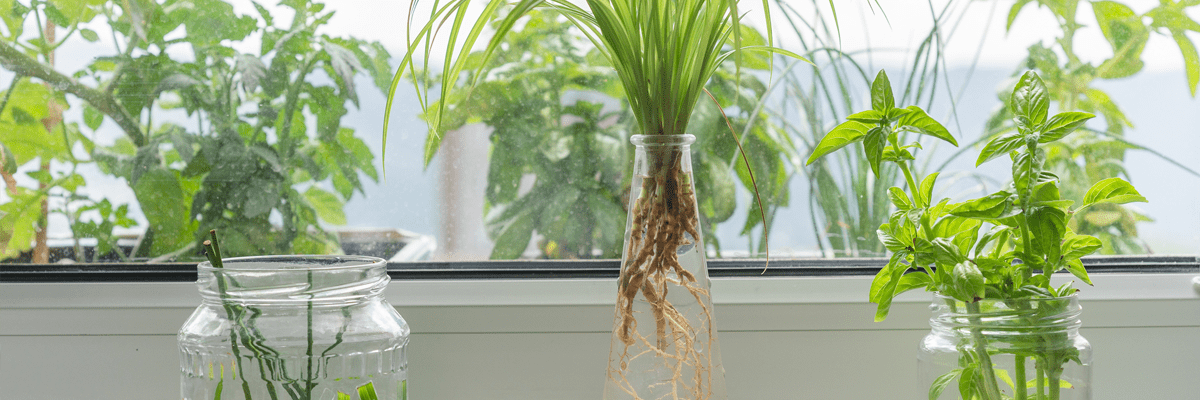
Plants That Need Only Water to Grow and How it is Different from Hydroponics
July 27, 2023
123379+ views

Kutcha House - Construction, Purpose and Significance!
January 15, 2025
58880+ views

10 Best Ways to Get Rid of Houseflies at Home: DIY & Quick Fixes for 2026
January 31, 2025
52507+ views

Best Out-of-Waste Ideas to Decorate Your Home
January 31, 2025
48977+ views
Recent blogs in
How to Start a Terrace Garden - Ideas & Design Guide 2026
August 20, 2025 by NoBroker.com
Indoor Gardening Tips & Techniques for Beginners
August 20, 2025 by Anda Warner
5 Budget-Friendly Ways to Decorate Your Balcony
January 31, 2025 by NoBroker.com
How to Keep Your House Smelling Good All the Time?
January 31, 2025 by NoBroker.com
DIY Christmas Decoration: Tree Craft and More
January 31, 2025 by NoBroker.com








 Full RM + FRM support
Full RM + FRM support
Join the conversation!